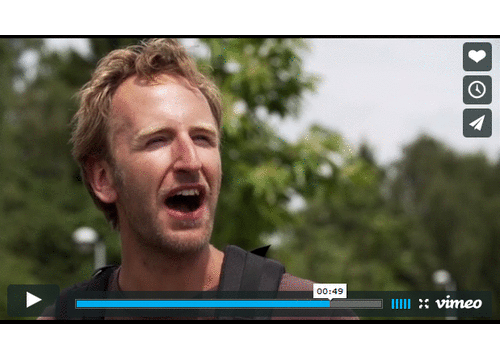Is primetime TV advertising the right way to connect citizens to the EU?

Imported from the Blogactiv.eu blogging platform, closed without warning in 2021. Links, images and embeds not guaranteed, and comments not displayed.
Is primetime TV advertising the right way to connect citizens to the EU?
Last week I saw and commented on an interesting blog post by Iveta Kazoka exploring one of the 'broken channels' which are supposed to link interested citizens to EU decision-making:
"The report uncovered an uncomfortable truth: few civic society organisations are capable of participating in shaping the national positions at a stage when the European Commission has already come up with a draft….”
The report does not cover all EU countries. If this has not been studied consistently across all Member States, it should be. Why? Because in every country where the above statement is true, people interested in a policy area can only conclude that the EU is out of touch and beyond their democratic control whenever EU legislation falls from the sky. Iveta also mentions that those few CSOs that do participate:
"... tend to struggle... it is usually a challenge to find a list of EU issues where the national government is elaborating its national position [and] some governments ... tend to view the draft national positions as confidential"
As I commented, back in 2011 I thought the yellow card procedure, brought in alongside ECIs, would help. However, as Iveta pointed in her reply, that does depend on whether the national parliament actually bothers with it. As far as I know, noone is even tracking this.
More to the point, it illustrates a fundamental problem. Almost all EU communications campaigns run from Brussels are framed to communicate a specific policy or programme, which is fine. But what's missing is a long-term effort to improve the infrastructure to support healthy, multi-directional conversations across Europe.
This infrastructure - the EU Public Sphere - would give those individual, policy-specific campaigns some sort of context, and allow EU-level debates to become transparent to interested people across the EU, not just those that know how to search EUR-LEX and tune into EuroParlTV.
Of course I'm simplifying - there is an infrastructure - but rather than reinforcing and deepening it, last week the emphasis appears to have shifted to putting 30 second ads on primetime TV:
Original link
As the young actor says at the end of each video, Wow. (To those who don't watch Belgian TV, several of these ads are currently playing in primetime, just before and after the evening news. Go watch one).
It is surprising to see the EU do something so traditional. TV ads became mainstream in the 1950s, when Americans were captive to a handful of TV stations in their living rooms. While still a staple part of marketing, they have to compete in a very different landscape today.
The EU could be telling true stories rather than obviously fictional ones, and could be experimenting with the huge variety of techniques, ranging from content marketing through to interactive data visualisation, developed over the past few years.
But it's easy to sneer, so I won't - I'm not the audience targeted by these ads, so maybe this is the right thing to do. The data will tell, presumably. So I'll leave the last words to my teenage, Belgian kids, who presumably are amongst the audiences targeted here.
But what is it they are they trying to sell?, they asked me, and Why isn't this money being spent on the projects?
—
Further reading
- An alternative overarching EU communication strategy?
- Of technocrats, journalistic balance and telling EU stories
See also: storytelling (34 posts) on my TumblrHub public library.
Related reading
More Stuff I Think
More Stuff tagged propaganda , storytelling , advertising , publicsphere , eu
See also: Content Strategy , Online Community Management , Communications Tactics , Media , Politics , Communications Strategy